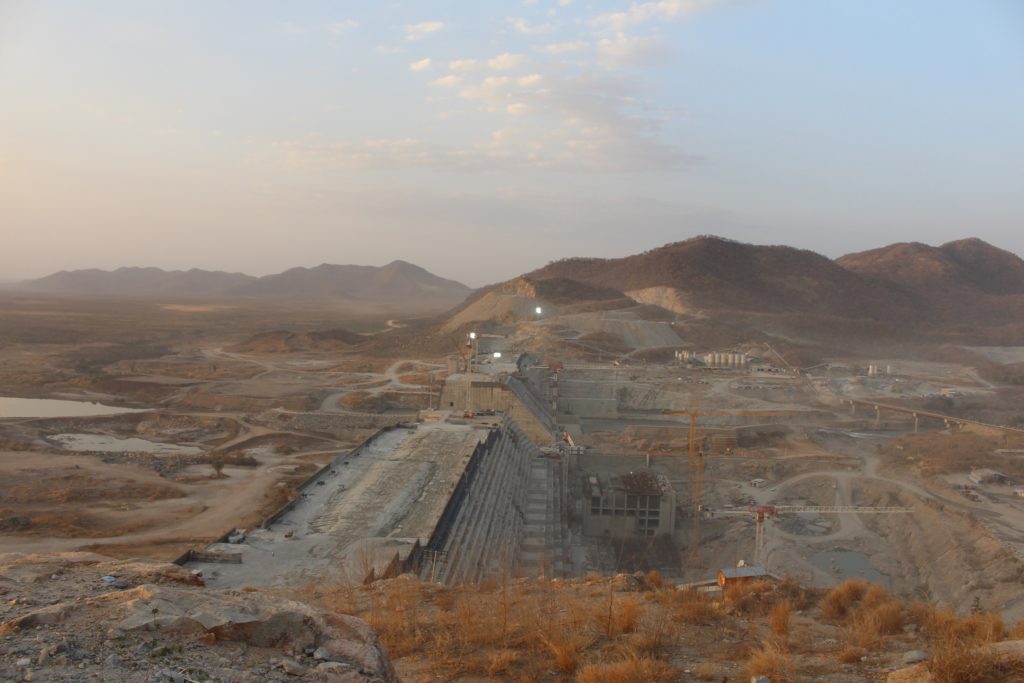The European Union has announced new actions to respond to the El Niño and food security crisis in the Horn of Africa (HoA), according to a European Commission press release.
Four new actions worth €66.5 million will be funded under the EU Emergency Trust Fund for Africa to address the destructive impacts of the El Niño phenomenon in the Horn of Africa region, such as floods and droughts.
These actions are part of the EU global response to the El Niño phenomenon, worth almost €550 million (of which €258.5 are allocated to countries in East Africa).
The four resilience-oriented projects will contribute to peace-building and economic development, empowering vulnerable groups to meet food and nutrition needs as well as developing more efficient water management systems and resilient agricultural practices.
The projects also create income generating opportunities to help poor households become self-sufficient and strengthen capacity of local institutions for service delivery.
“This package of development assistance focuses on the four countries that are most severely hit by El Niño and that are experiencing the highest levels of food insecurity: Ethiopia (€22.5 million), Somalia (€8 million), South Sudan (€28 million) and Sudan (€8 million),” the statement said.
“It focuses on short and long-term solutions for vulnerable groups and combines measures for relief, rehabilitation and development.”
Neven Mimica, Commissioner responsible for International Cooperation and Development, said: “with these four actions we are providing an immediate response in the Horn of Africa. This clearly demonstrates the value of the EU Emergency Trust Fund for Africa as a highly swift and responsive tool in critical situations.”
Droughts and other climate change-related occurrences are a major driver of displacement in the region.
To maximize the impact of EU action and to support a broader development response in the region, the package will be channeled through the EU Emergency Trust Fund for Africa.
The Trust Fund, which aims at tackling instability and addressing the root causes of irregular migration and forced displacement, is already delivering actions worth €370 million in the Horn of Africa region.
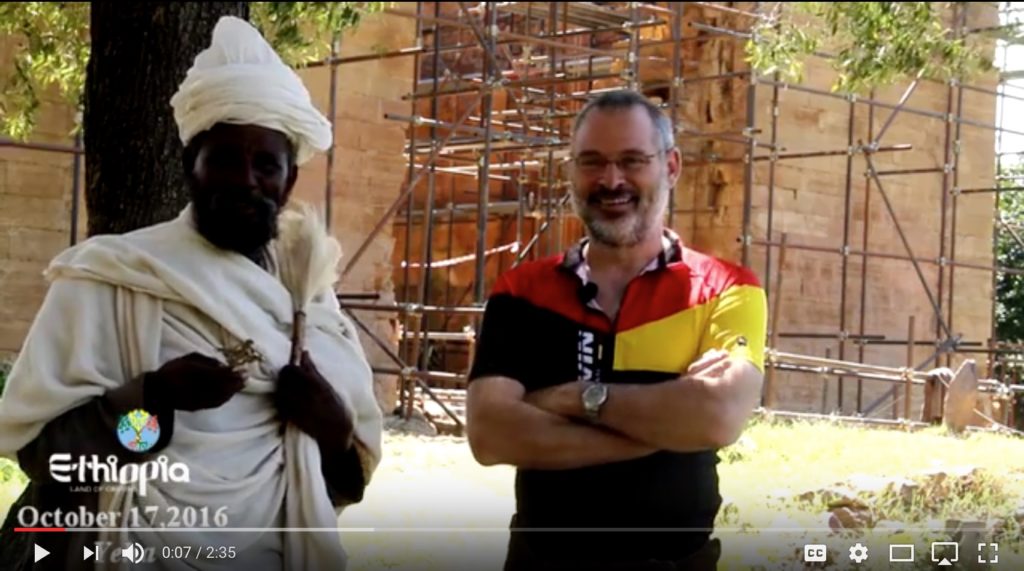

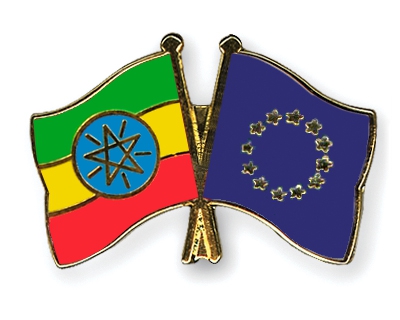
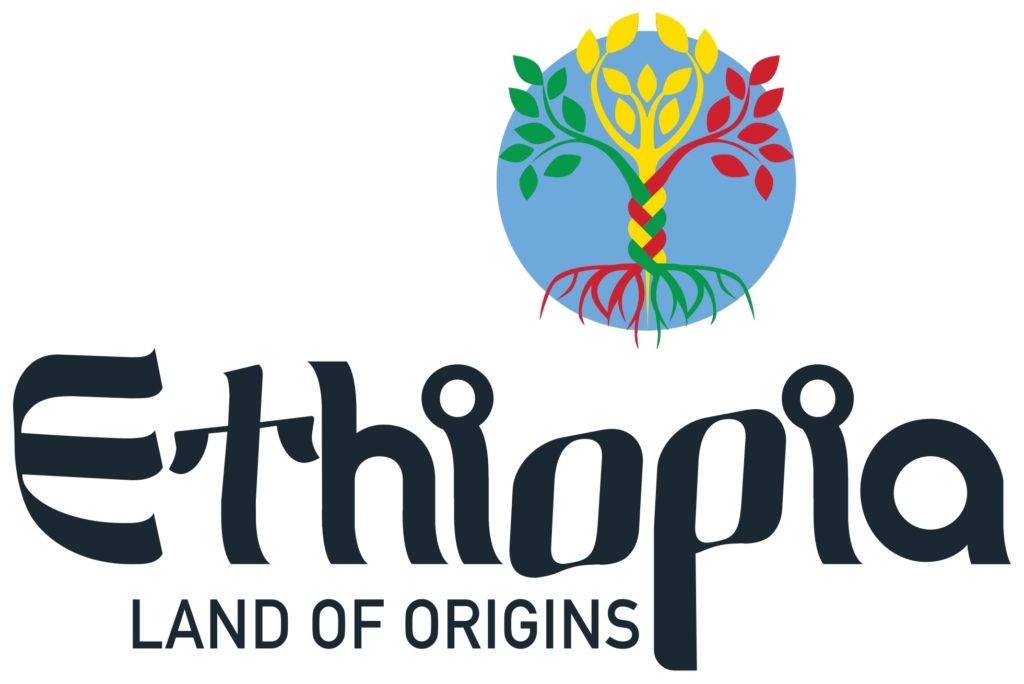
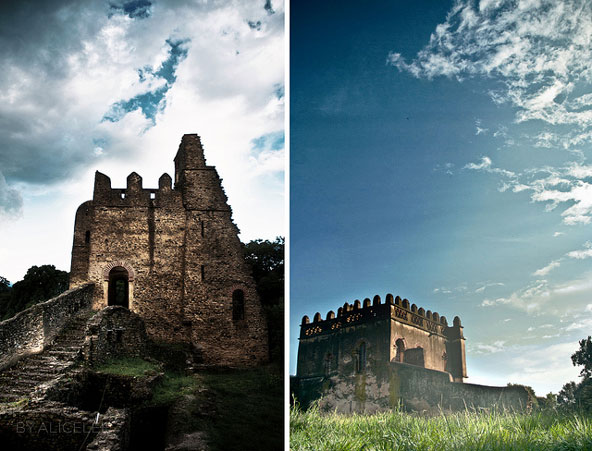

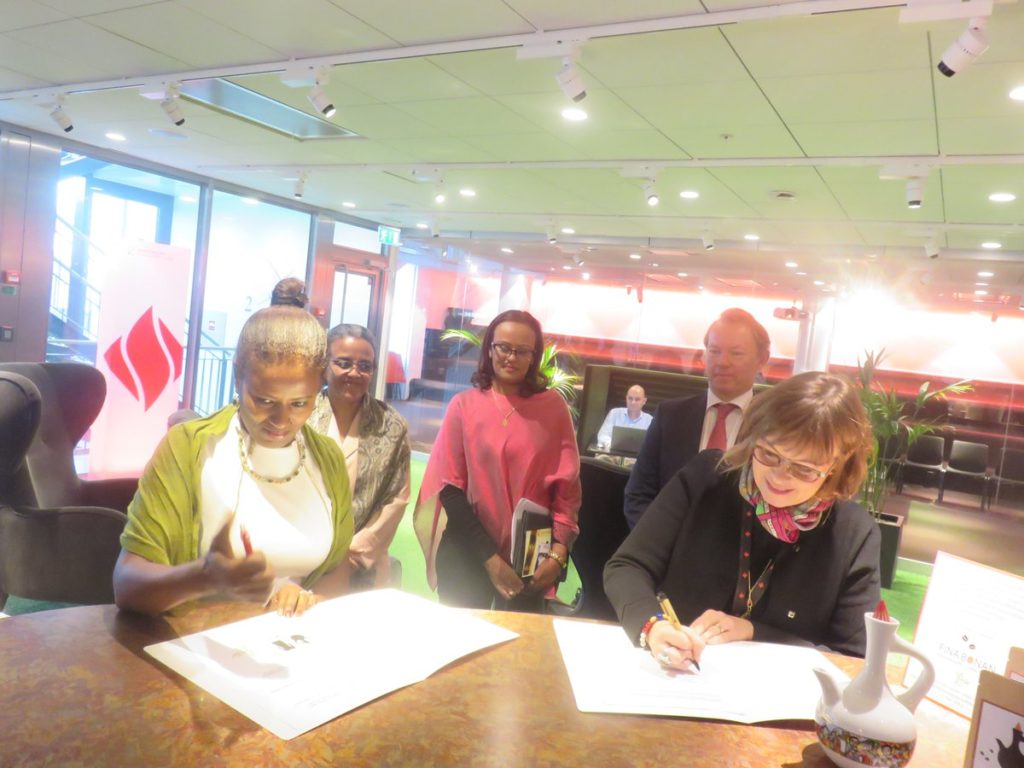
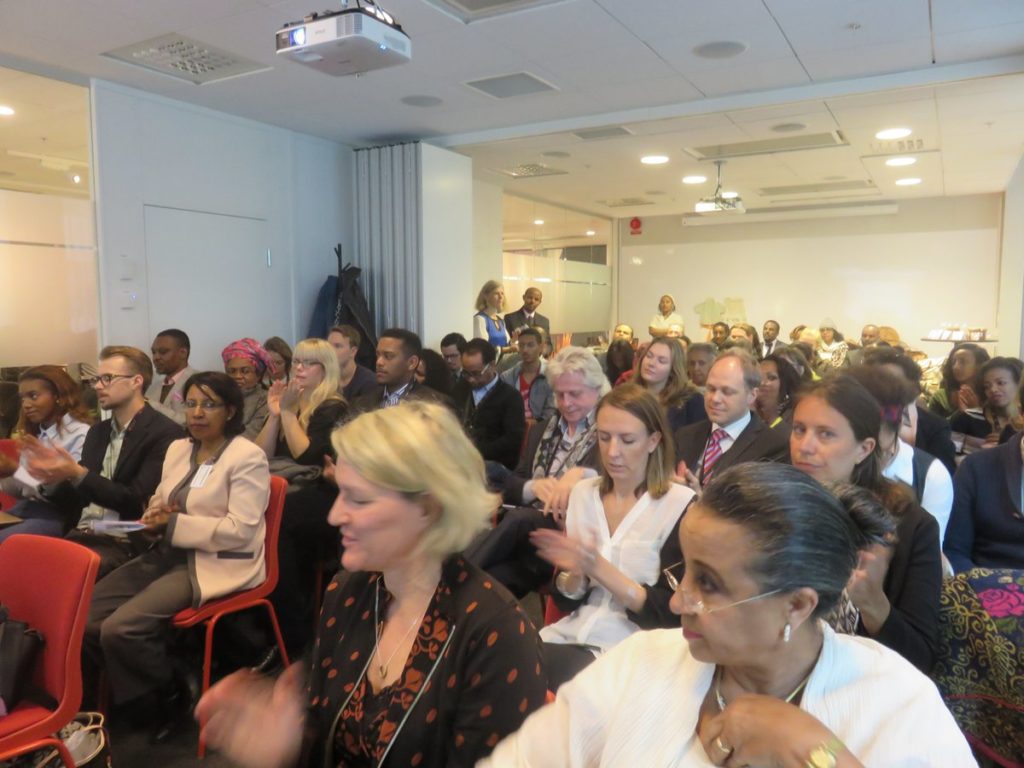
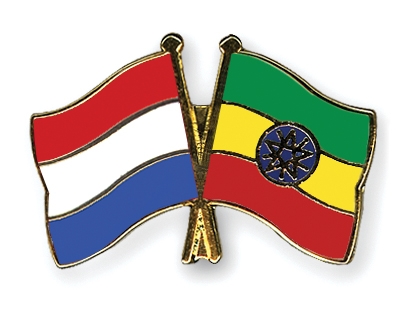
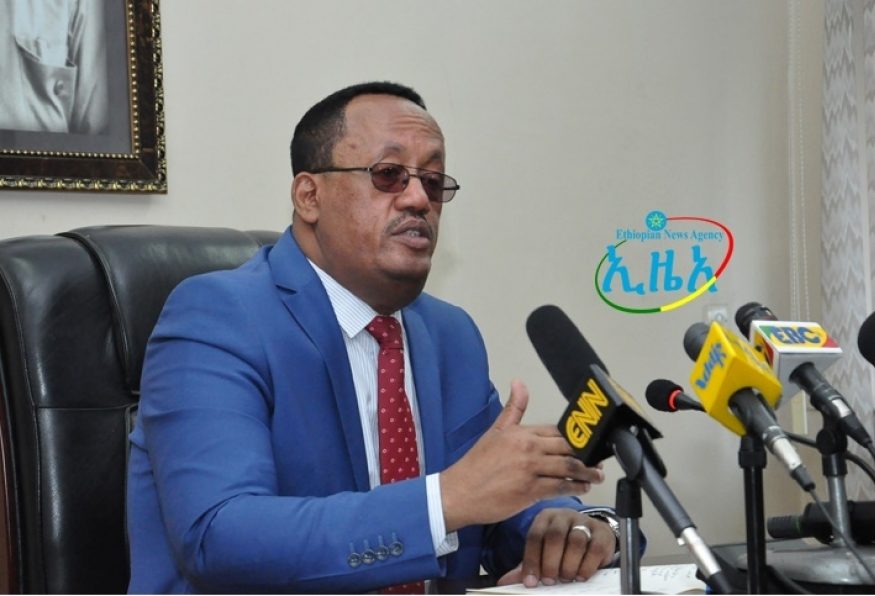
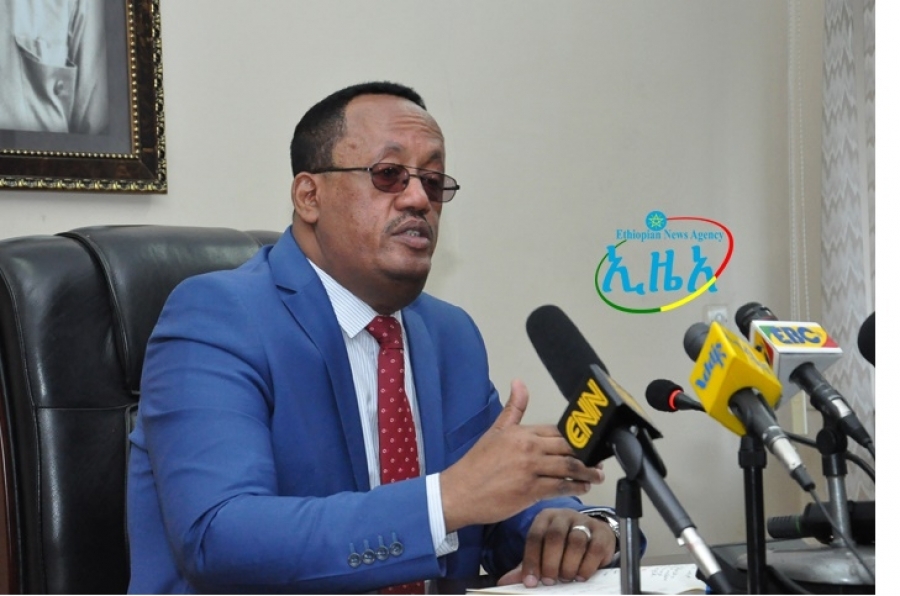 Addis Ababa October 20, 2016 The Office of the Federal Attorney said the state of emergency that Ethiopia has declared a week ago, is helping to restore law and order in the country.
Addis Ababa October 20, 2016 The Office of the Federal Attorney said the state of emergency that Ethiopia has declared a week ago, is helping to restore law and order in the country.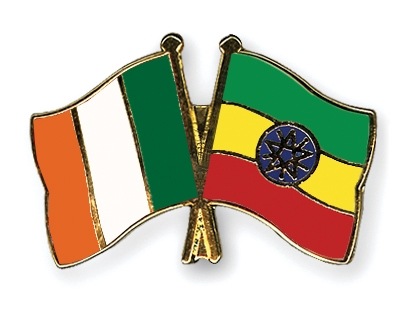
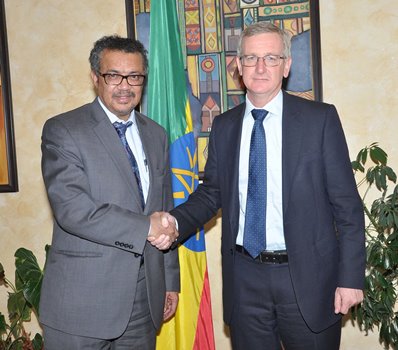 On 20 October 2016, Foreign Minister Dr. Tedros Adhanom received the outgoing Ambassador of Ireland, Ambassador Mr. Aidan O’Hara, and noted that the visit made by President Michael D. Higgins of Ireland in 2014 was a milestone of significance opening new prospects for the strengthening of the bilateral relations of the two countries.
On 20 October 2016, Foreign Minister Dr. Tedros Adhanom received the outgoing Ambassador of Ireland, Ambassador Mr. Aidan O’Hara, and noted that the visit made by President Michael D. Higgins of Ireland in 2014 was a milestone of significance opening new prospects for the strengthening of the bilateral relations of the two countries.
